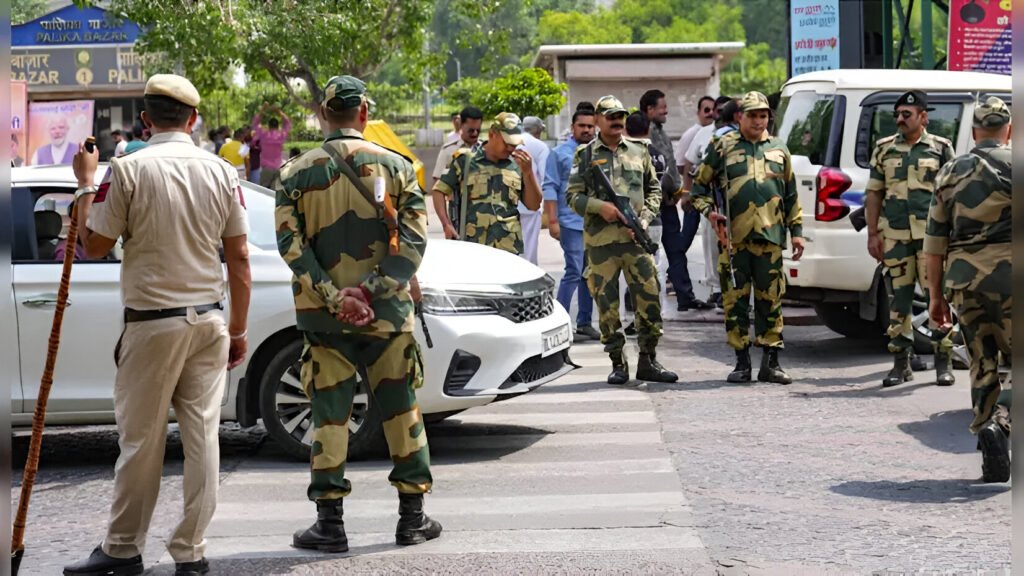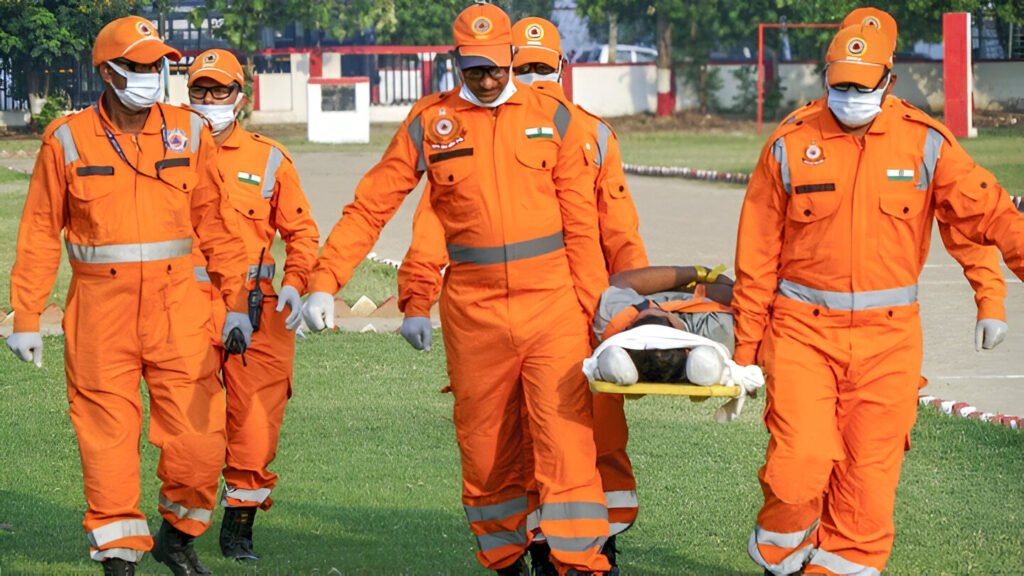
In a surprise twist, the highly publicized civil defense drill, Operation Shield, planned on May 29 for a number of Indian states sharing a border with Pakistan, has been postponed. This decision, announced on Wednesday evening, came following directions from the Union Ministry of Home Affairs. The states of Haryana, Punjab, and Rajasthan and the Union Territory of Chandigarh were all set to conduct mock drills aimed at assessing emergency preparedness in the wake of recent escalations along the western border.
What Was Operation Shield?
Operation Shield was designed as a large-scale civil defense mock drill to simulate emergency response mechanisms in case of hostile attacks, particularly drone and missile strikes. The plan included blackout exercises, air raid siren activations, evacuation simulations, medical team deployments, and blood unit transportation in civilian zones near military establishments. The exercise was to improve coordination between civil defense forces and enhance public preparedness in vulnerable districts.
The mission was viewed as a significant move in the wake of recent national security events, including the April 22 terror strike in Jammu and Kashmir’s Pahalgam, in which 26 people died. In response, India initiated Operation Sindoor on May 7, attacking several terror camps in Pakistan and Pakistan-occupied Kashmir. The retaliation precipitated days of border clashes, in which Pakistani troops resorted to intense shelling along the Line of Control and drone attempts in other areas of the western border.

States React to Postponement
In Haryana, the civil defense department had announced that the drill would be held across all 22 districts from 5 PM to 9 PM on May 29. However, the evening before the exercise, the state’s Home Department issued a statement confirming the postponement of Operation Shield. “As per instructions from the Union Ministry of Home Affairs, the comprehensive civil defense exercise scheduled for Thursday stands postponed,” the official communication read. All deputy commissioners and relevant authorities were promptly informed.
Chandigarh’s administration followed suit, issuing a statement late Wednesday evening that confirmed the delay due to “administrative reasons.” The message clarified that no blackout or civil defense drill would occur on the planned date.
Rajasthan, too, put off the scheduled mock drill, which was initially planned for all 41 districts. The decision came just hours before execution, with officials citing similar administrative concerns. A new date for the drill is expected to be announced shortly.
Meanwhile, Punjab followed a different path. The government of the state sent a letter to the center seeking a date change in the exercise, suggesting June 3 instead. Why? The bulk of the civil defense staff were being trained under the National Disaster Response Force (NDRF), and therefore their availability on May 29 was not possible. The Union Government accepted this proposal, and deputy commissioners across Punjab have now been directed to carry out the mock drill on the newly proposed date.

Why Operation Shield Matters
The urgency behind Operation Shield stems from India’s heightened alertness following cross-border tensions earlier in May. During Operation Sindoor, the Indian Armed Forces conducted strategic strikes against terror camps, which were followed by retaliatory action from across the border. Drones, missiles, and heavy shelling were used by Pakistani forces to target areas along the International Border and the Line of Control.
These events prompted the Directorate General of Fire Services and Home Guards — under the Ministry of Home Affairs — to identify significant gaps in civil defense preparedness during a previous drill on May 7. Observations from that drill led to the invocation of emergency powers and release of funds through the State Disaster Response Force to address vulnerabilities.
Operation Shield was, therefore, seen as the next crucial step in ensuring civilian readiness and coordination among disaster response units. The drills were expected to simulate real-time responses, test communication networks, and evaluate the readiness of evacuation plans and medical support systems.
Looking Ahead
While the postponement of Operation Shield may seem like a step back, it could provide additional time for the involved states and UTs to better prepare. Ensuring the availability of trained personnel, coordinating logistics, and reinforcing civil defense protocols are essential to the success of such operations.
The proposed new dates — such as June 3 for Punjab—suggest that the government is keen on executing the drill with full preparedness rather than rushing through it. It also reflects the center’s flexible yet cautious approach amid a volatile security environment.
As India continues to strengthen its internal security and civil defense systems, the importance of such drills cannot be overstated. In times of uncertainty and geopolitical tension, preparation remains the most powerful shield. Operation Shield, once carried out, will not just be a mock exercise — it will be a demonstration of India’s resolve to protect its citizens and stand ready in the face of any threat.







